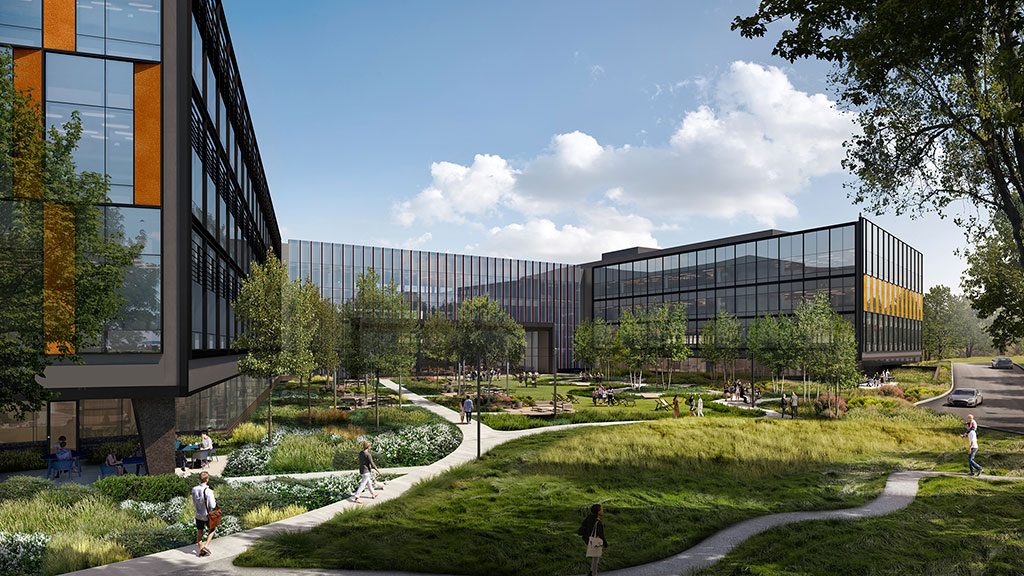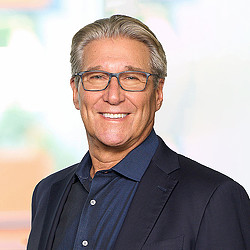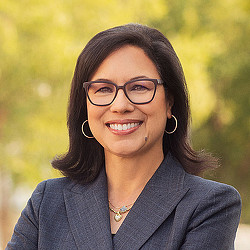Preparing for a Resilient Future Through Climate Action
April 27, 2022 | By Andy Cohen, Diane Hoskins
As unprecedented droughts, floods, freezes, and fires threaten the lives and livelihoods of people across the globe, Gensler’s latest research finds some 87% of adults in the United States have been personally impacted by extreme weather events since 2019. At the same time, only 18% of Americans believe their communities are built to withstand climate change.
The disconnect between these startling percentages reveals a profound opportunity for leaders in the real estate and building sectors, given that buildings are responsible for some 40% of total global carbon emissions. We know that to bring about a more resilient future, we must act now. But where to begin?
The Gensler Research Institute surveyed 1,800+ adults in United States to understand how climate change is impacting individuals, and what can be done to prepare for the uncertainties of tomorrow. Our findings, recently published in the Gensler U.S. Climate Action Survey 2022, present bold, coordinated steps to proactively address both climate change mitigation and adaptation.
Two immediate actions are clear: first, we must aggressively pursue strategies that minimize the amount of new carbon emitted into the atmosphere by buildings and cities. And second, we must incorporate adaptation strategies into every project, so that the spaces and places we design respond to the current and future stresses of climate change.
This dual approach recognizes that climate change and resilience are interconnected issues affecting our environment, our economy, and our society. In order to make meaningful progress, we look at preparedness through four related but distinct lenses:
1. Environmental preparedness: Minimizing carbon emissions while also investing in natural capital and ecosystem preservation and restoration.
2. Economic preparedness: Planning for issues of business continuity, efficiency and value creation, and adaptation to extend the service life of a project.
3. Experiential preparedness: Taking action that improves quality of life and human health, well-being, and connection.
4. Equitable preparedness: Ensuring that our actions create greater equity by prioritizing the needs and challenges of our most marginalized communities.
Our opportunity — in collaboration with our clients and partners — is to help communities ready themselves for the impacts of our changing climate through design resilience strategies. Carbon mitigation is a key first step, but to truly move the needle we must also consider the business, social, and lifestyle ramifications of the actions we take. By preparing today, we can bring about a better tomorrow.
For media inquiries, email .


